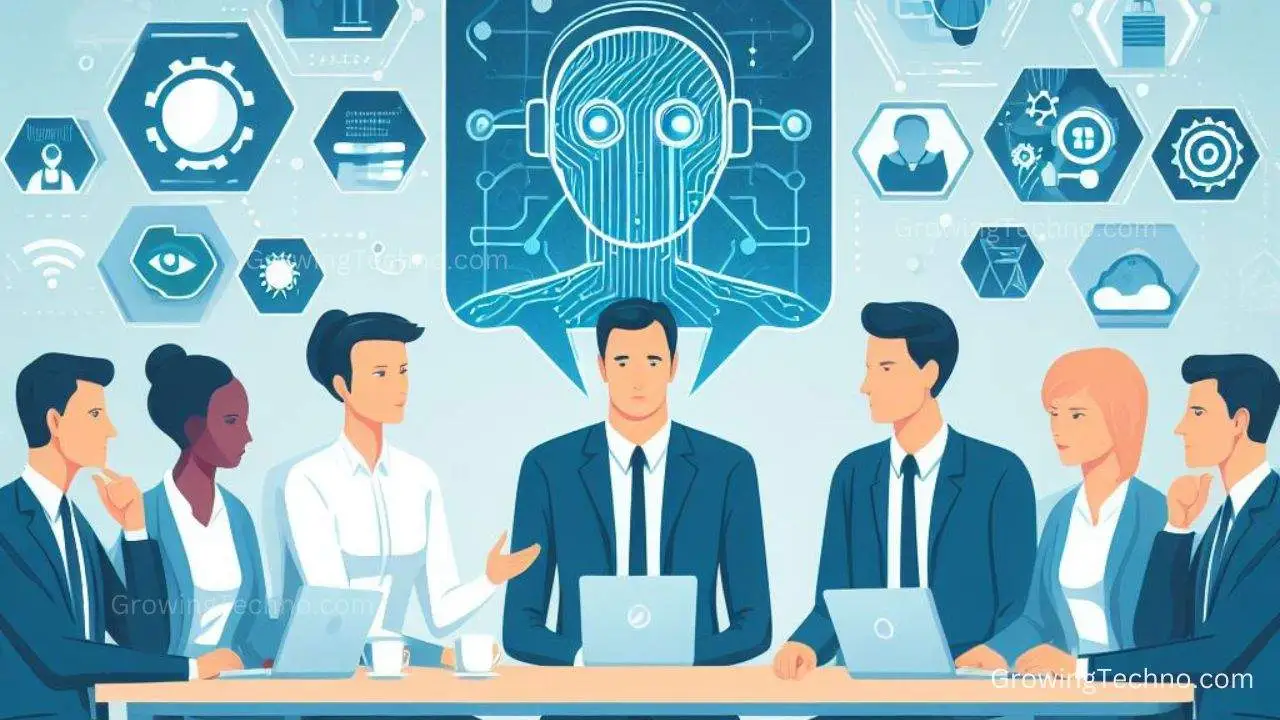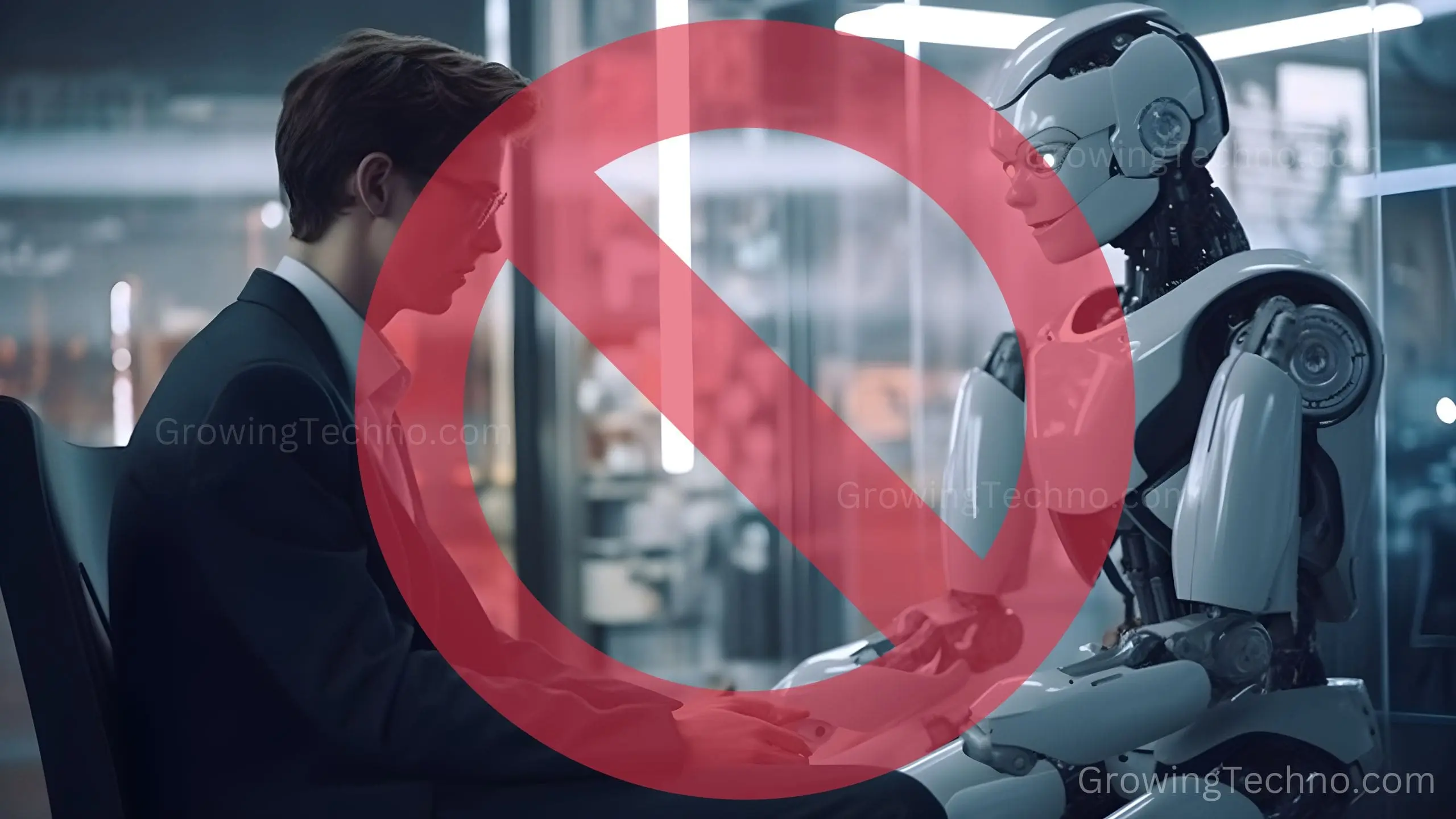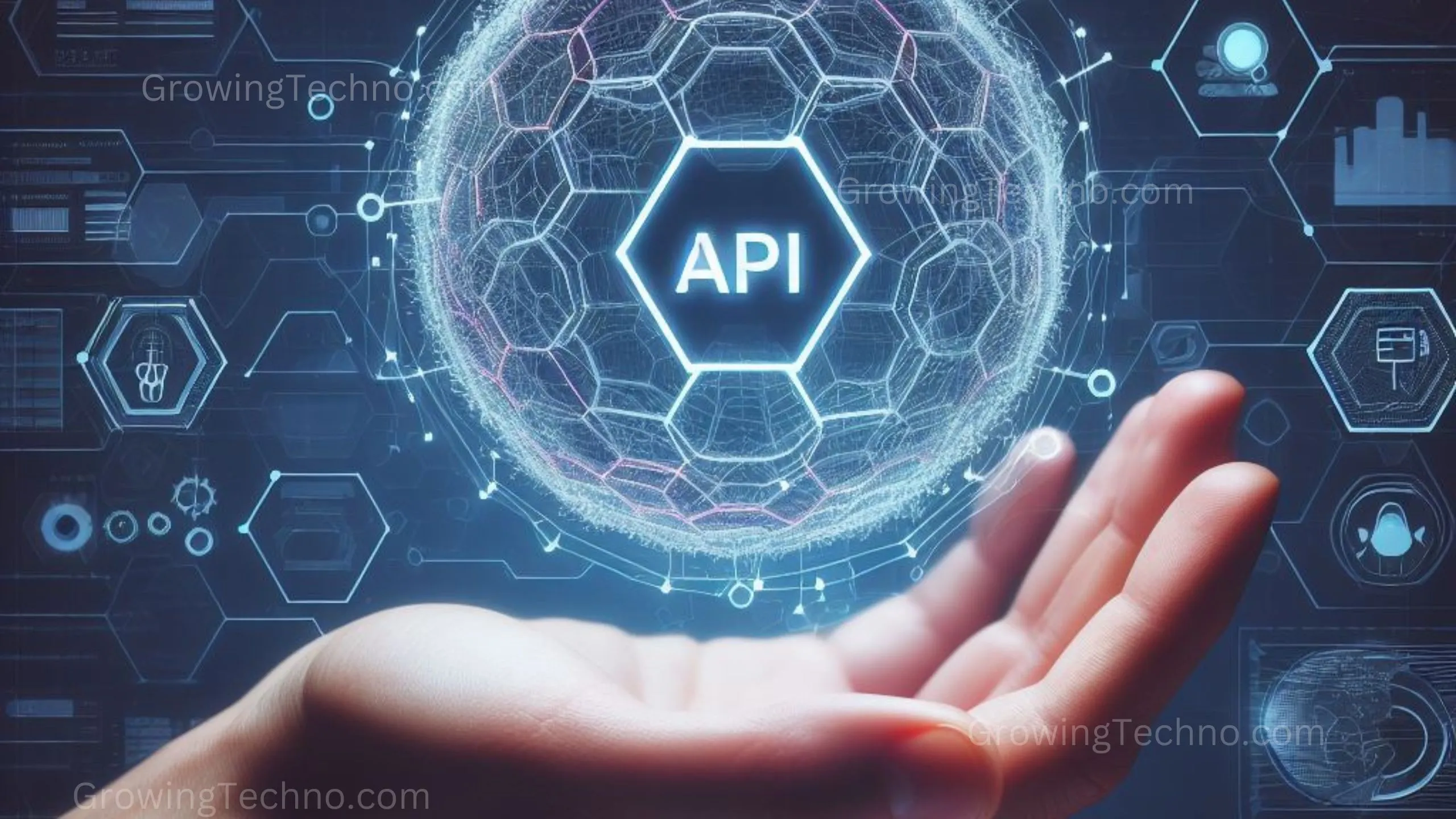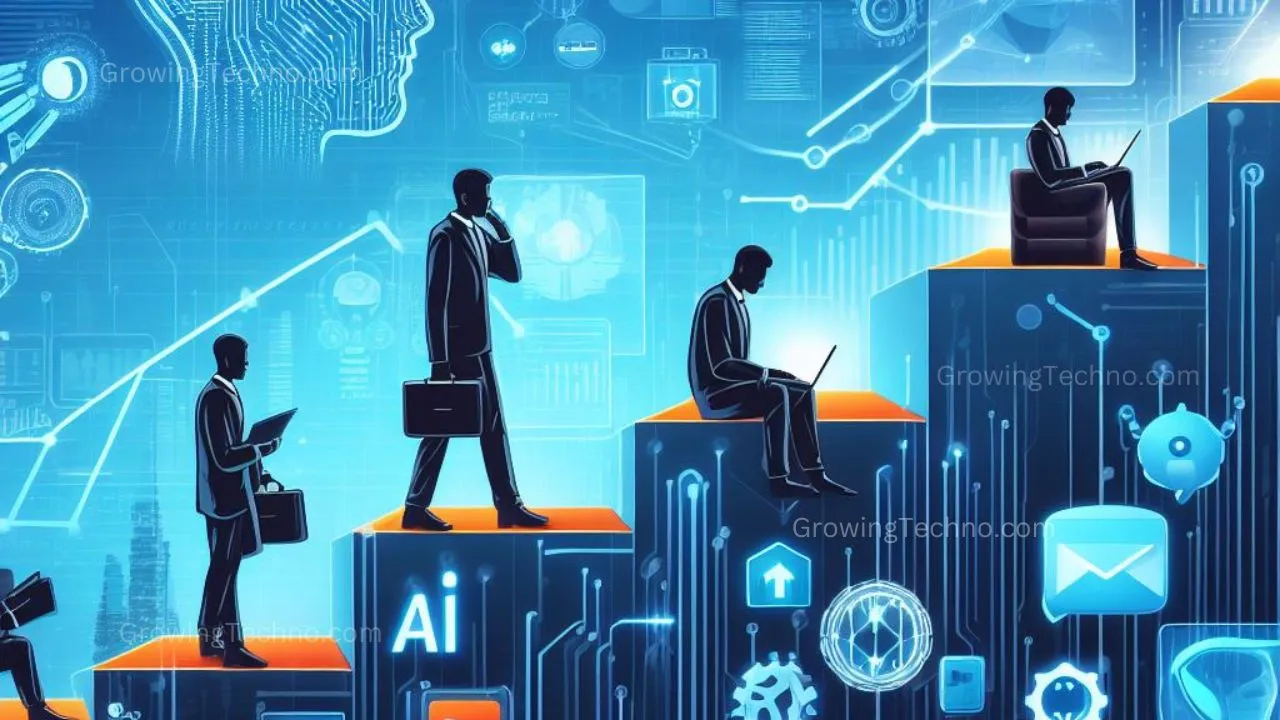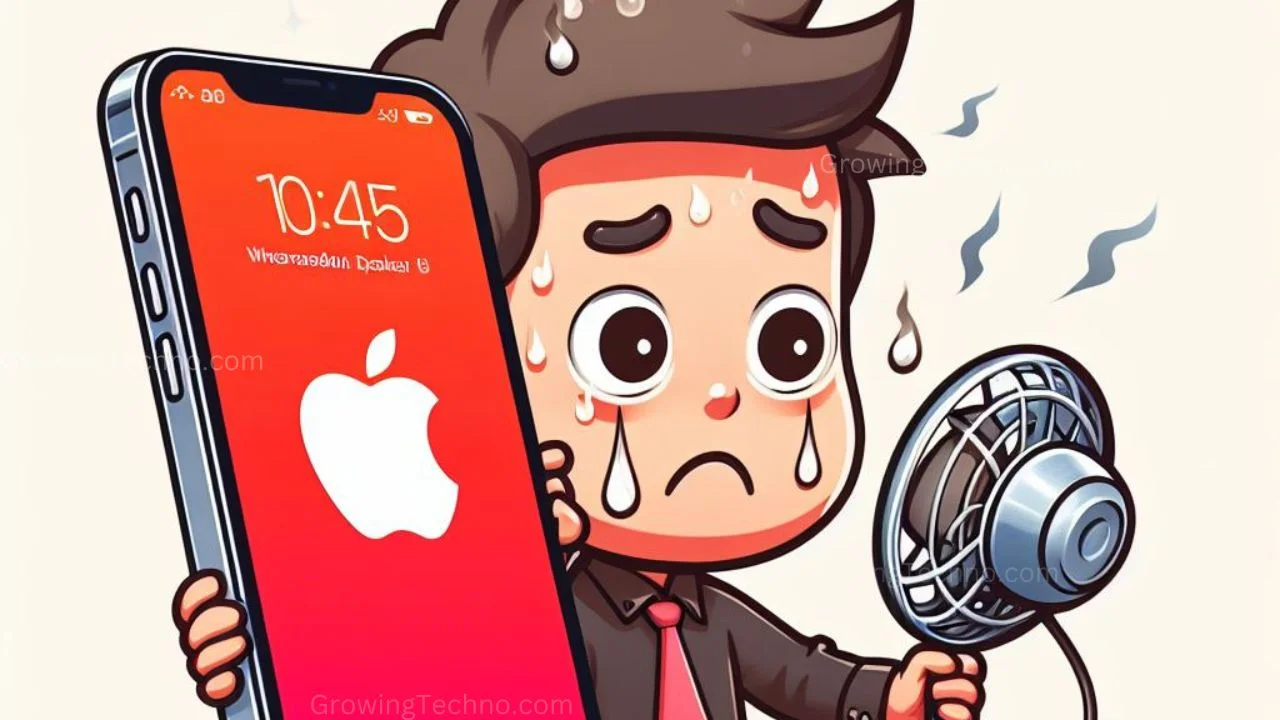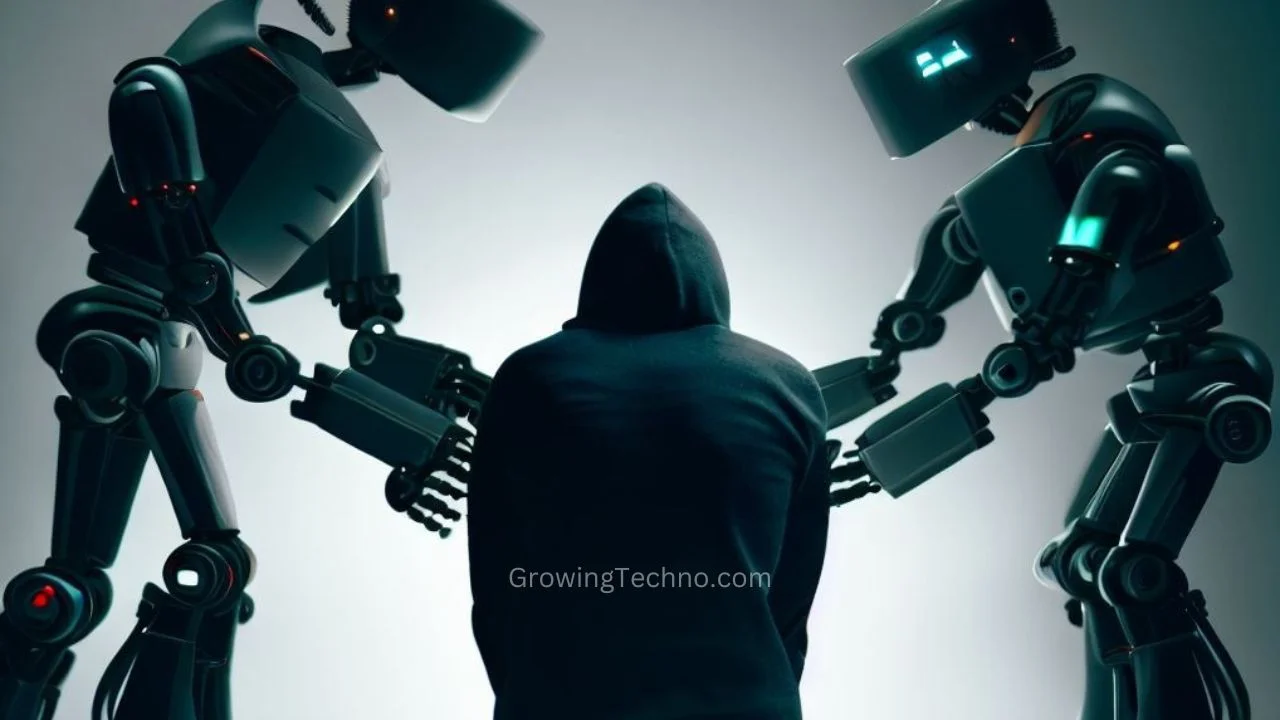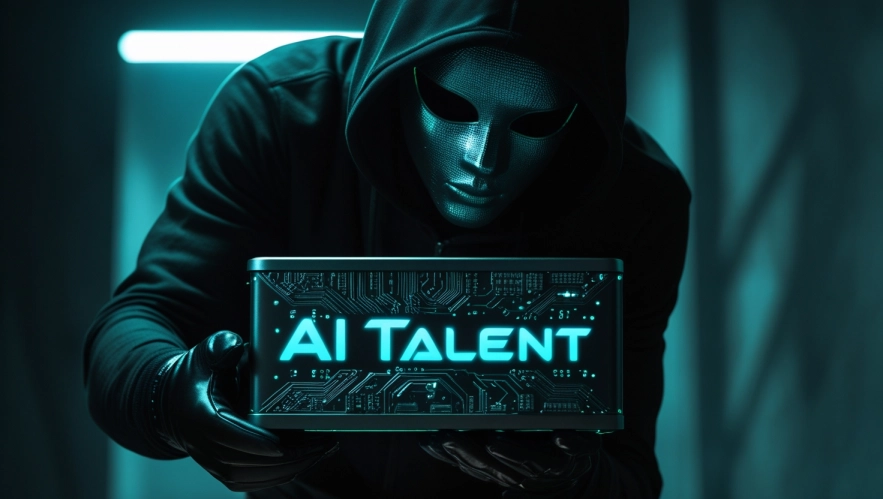
In the early days of artificial intelligence, there was hope. It seemed like small startups could compete with giants, using powerful new tools and creative ideas. The dream was simple: a fair playing field where anyone could shape the future of AI.
But in 2024, that dream is slipping away.
Big tech companies—like Microsoft, Amazon, and Google—have found a new way to take control of innovation. They’re not buying companies the way they used to. Instead, they’re taking the best parts: the people, the knowledge, and the code. And they’re doing it quietly.
▶ Watch the Full Breakdown Here
How Microsoft Changed the Game
It started with a move that caught many by surprise. In March 2024, Microsoft announced a partnership with Inflection AI. On the surface, it seemed normal. But it was more than a simple deal.
Instead of buying Inflection, Microsoft paid $650 million to license its technology. At the same time, it hired the founder, Mustafa Suleyman (who also helped start DeepMind), and brought in 70 top researchers from the company.
What was left of Inflection? Not much. The company still exists on paper, but without its team, it’s just a shell.
Microsoft got the people, the tools, and the brainpower—without buying the company or triggering antitrust concerns. It was a smart move. Some might even call it ruthless.
Amazon and Google Followed the Same Playbook
Amazon didn’t wait long to make a similar move. The company made a deal with Adept AI, a startup focused on workflow automation. Amazon paid $330 million to use its tech and added $100 million in bonuses to keep Adept’s engineers on board.
They weren’t interested in the brand or business. They wanted the talent.
Google did something similar with Character.AI, an AI chatbot platform with over 170 million users. Even though the app was popular, the startup wasn’t making much money.
So Google offered a deal: license the technology, and quietly hire some of the top minds, including co-founder Noam Shazeer, a key creator of modern AI systems. In the end, Google walked away with 20% of the company’s staff.
Why Startups Are Saying Yes
For many small AI companies, saying “yes” is the only real option.
Building and training powerful AI models costs millions. Keeping up with the competition is nearly impossible without steady cash flow. And most startups don’t have a working business model yet.
So when a company like Microsoft or Google offers a deal, along with high salaries, cloud services, and job security, it’s hard to say no.
One founder, who asked not to be named, summed it up like this:
“We could either run out of money while losing engineers one by one, or take the deal and stay together as a team.”
The Hidden Cost of These Deals
At first glance, this might seem like a win-win. Startups survive. Big tech gets stronger. But there’s a hidden cost.
Over time, this system concentrates power in the hands of just a few companies. The big players collect the best people, the newest ideas, and the most advanced tools. Innovation slows down outside their walls.
Worse, regulators can’t do much. These aren’t official takeovers, so they don’t trigger investigations. But the outcome is the same: fewer players with more power.
What Happens Next?
This new model, where tech giants “absorb” innovation without buying companies, raises big questions:
- Can regulators keep up with this trend?
- Will new laws be needed to protect competition?
- Can startups survive without selling off their teams?
Right now, there are no easy answers. But the shift is already happening. Slowly and quietly, the future of AI is being shaped behind closed doors.
And while there’s no press release or flashy announcement, the effect could be greater than any merger.
🎥 Subscribe to our YouTube channel: Growing Technology for more insights into this tech revolution.
Found this helpful? Share the wisdom!


